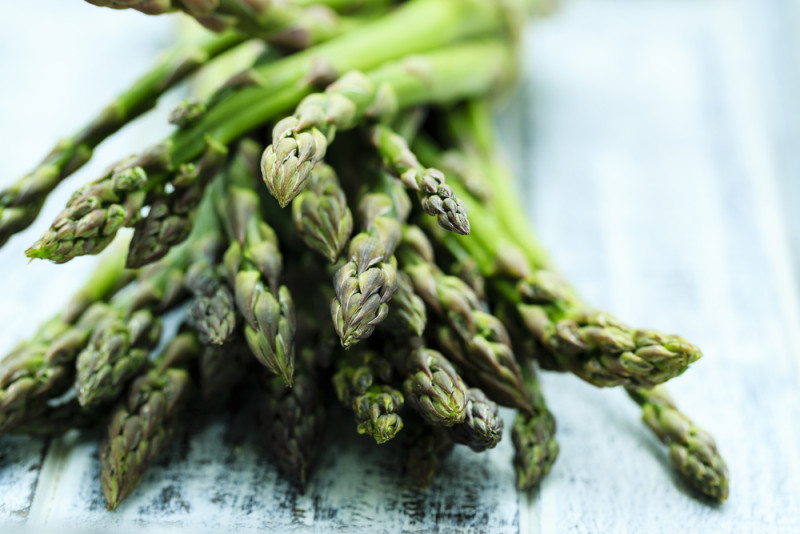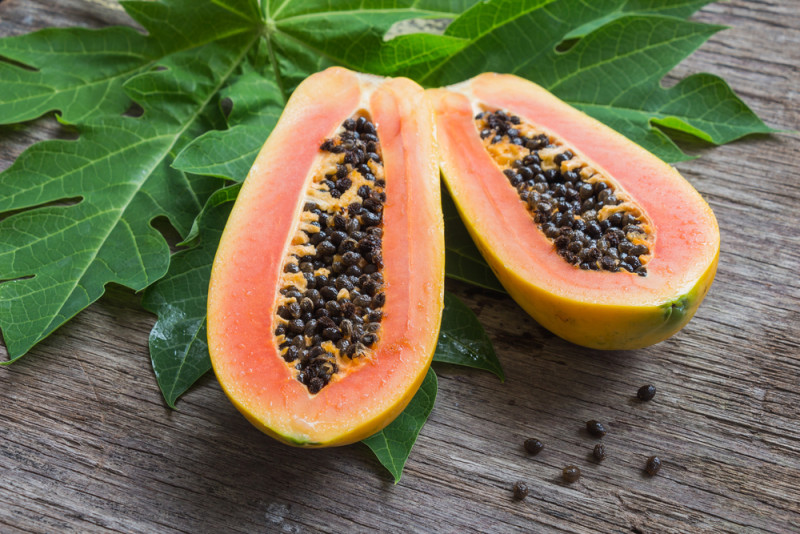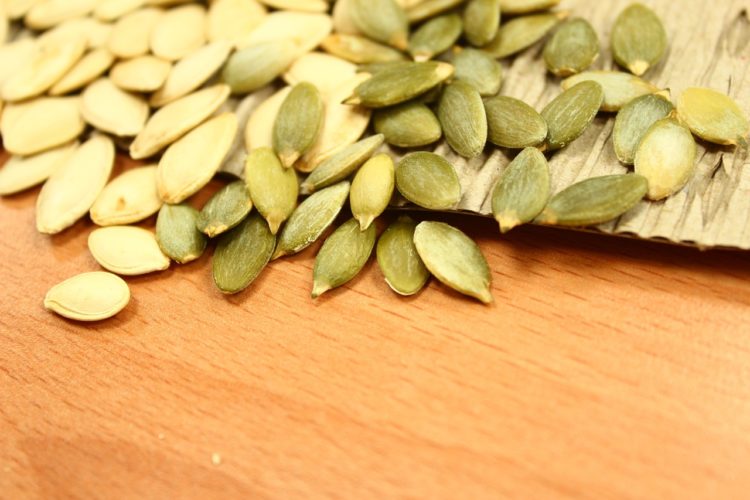According to the Centers for Disease Control and Prevention, 1 in 68 children have an autism spectrum disorder. In the 1980s, that number was 1 in 10,000. There are many theories as to why the rate of autism is increasing, but many scientists agree that the profound increase of toxins people are exposed to today may be the main culprit. In the United States alone, nearly one billion pounds of glyphosate is sprayed on food crops each year. Studies have linked this chemical to many health issues, including autism. So can we counter pesticide-induced autism?
Glyphosate exposure has been shown to play a role in neurological disorders. So have low folate levels. Folate is naturally produced by gut microbes. Glyphosate disrupts the gut microbiome, which may lead to a decreased ability to produce folate. Therefore, a folate deficiency may result. Research has shown that taking the recommended amount of folic acid at the time of conception may lower a child’s risk of developing pesticide-related autism. The study suggests that adding foods that contain folate to your diet while pregnant may, in fact, help mitigate pesticide-induced autism in your child.
Here are ten folate-rich foods to add to your diet to help counter pesticide-induced autism:
1. Dark Leafy Greens
Dark leafy greens are extremely high in folate. Add spinach, collard greens, kale, turnip greens, and romaine lettuce to your daily diet. One large plate a day is enough to fill your folate needs. Or try this detox soup made with Greens & Lemon.
2. Asparagus
Asparagus is one of the most nutrient dense foods that contains folic acid. One cup of boiled asparagus provides about 65% of the daily recommended amount.

3. Beans, Peas and Lentils
Pinto beans, lima beans, green peas, black-eyed peas, and kidney beans are all especially high in folic acid. A small bowl of lentils will also provide most of your daily recommended amount.
4. Citrus Fruits
Many citrus fruits contain folic acid. At the top of the list are papaya, oranges, grapefruit, strawberries and raspberries. Other folate-rich fruits include grapes, bananas, and cantaloupe.

5. Avocado
One cup of avocado contains about 28% of your daily folate needs. Avocados are also a healthy source of fatty acids, Vitamin K, and dietary fiber. Did you know that this fruit is also has protein?
6. Seeds and Nuts
Pumpkin seeds, sesame seeds, sunflower seeds, and flax seeds all contain a healthy serving of folic acids. Nuts are also high in folic acid, so be sure to stock up on almonds.

7. Okra
Okra offers many vitamins and minerals to the body while acting as a natural cleanse for the digestive tract. It contains a high amount of folate, plus it will help rid your body of unwanted toxins.
8. Carrots
Carrots are full of vitamins and minerals that keep your body healthy, including folic acid. Eat them as a snack or add them to a salad to get a folate boost!

9. Brussels Sprouts
Brussels sprouts are one of the best foods you can eat when it comes to folic acid. They also contain Vitamin C, K, and A, along with manganese and potassium.
10. Beets
Beets provide a healthy dose of antioxidants to the body to help support the detox process. They also contain a high amount of folic acid. One cup will provide your body with about 34% of your daily folate need.

